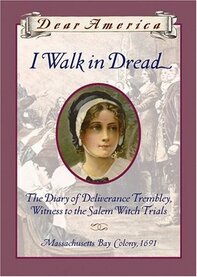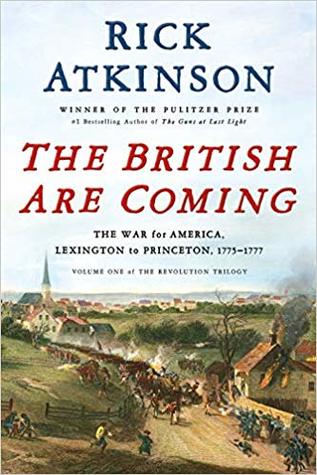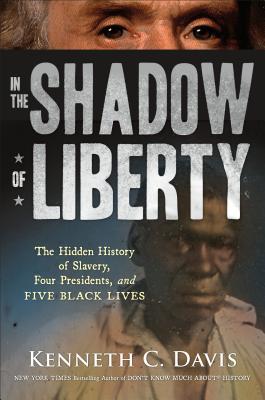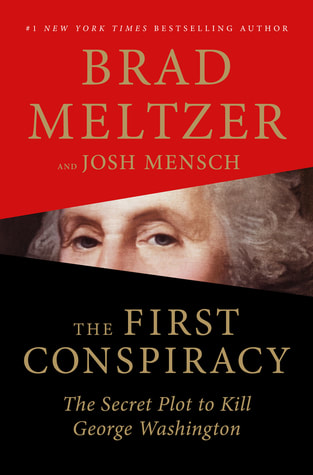| A couple of years ago, I immersed myself into the United States Revolutionary era. I soon became more aware of the French and Indian War - the prequel to the Revolution and Declaration. Now, unexpectedly, I find myself interested in the earliest of years in the colonies of Great Britain. Now, I've expanded that interest to include John Smith and Pocahontas, the Salem Witch Trials, Jamestown, and Plymouth. I found this book on my shelf at home - I Walk in Dread. The subtitle indicated that it is "The Diary of Deliverance Trembley, Witness to the Salem Witch Trials: Massachusetts Bay Colony, 1691". This fictional story is embedded smack dab in the middle of the historical events and odd circumstances that called for 19 lynchings and other deaths. |
| The next book I completed was the thick and detailed The British Are Coming by Rick Atkinson. This volume is the first of a trilogy about the Revolutionary War. There are many interesting facts that I had not yet considered in my previous readings. Atkinson was able to make these facts accessible to a casual reader. I was especially drawn to some added information concerning the places I have visited in the past couple of years - Mount Vernon and Fort Ticonderoga. It was enlightening to hear more information about events focused around the Lake Champlain area, with references to Crown Point and other locations on the lake. There was more involved here than the singular event of Ethan Allen and Benedict Arnold seizing the fort for the Americans, and there was more than Henry Knox getting the cannons from Fort Ticonderoga and getting them to George Washington on the battlefield. |
| I chose to read In the Shadow of Liberty because I enjoy reading books from Kenneth C. Davis when I get one. Davis doesn't assume anything about his readers' prior knowledge, and he writes in a clear manner, while also including details that others might leave out based on their graphic nature. In this book, Davis tells the stories of four presidents who owned enslaved people. I finally had the chance to learn more about George Washington's "manservant" Billy Lee and Ona Judge, the young enslaved lady who escaped from the Washington's. I read more about Thomas Jefferson's perplexing attitude toward the blacks who worked on his plantation. Finally, the book fast forwarded to James Madison and Andrew Jackson to help round out the early years of the United States and the lesser-known enslaved people who called them Master. |
| I've read Brad Meltzer books in the past, but mostly novels. The First Conspiracy, however, is a non-fictional attempt to tell a mostly-untold story. I struggled to find Meltzer's voice while reading this volume, which bothered me somewhat, and the mixture of past and present tenses throughout the book were troubling, as well. However, I was able to learn quite a bit about something I knew nothing about - the attempt to turn Continental soldiers to the British side, as well as the conspiracy to assassinate top generals in the Continental army, starting with General Washington himself. Here was one more time when Providence, fate, or luck would step in to save His Excellency and the Patriot cause. It is kind of amazing how many times that happened during the Revolution. |











































